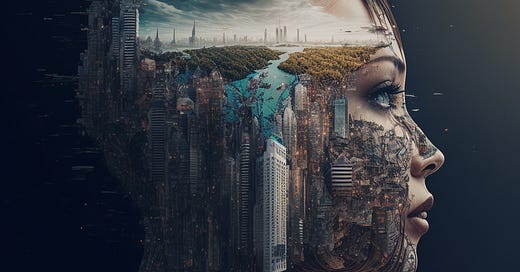AI and the Future of Photography: Advantages and Disadvantages
Exploring the Impact of Artificial Intelligence on the Art of Capturing Moments
Artificial Intelligence (AI) is transforming the world in ways we never imagined. The field of photography is no exception. With the advent of AI, photographers are able to create new and exciting art that was once only achievable through traditional means.

Advantages of AI in photography include the ability to manipulate images in ways that were not previously possible, such as creating complex digital art, and the ability to process large amounts of data much faster than humans can. AI can also analyze images and make suggestions for adjustments to color, brightness, and contrast, making editing tasks much faster and easier.
However, there are also disadvantages of AI in photography. One of the biggest concerns is the loss of creativity. AI algorithms can create stunning images, but they lack the human touch that makes photography so unique. Additionally, AI can create images that are too perfect, lacking the personality and soul that traditional photography is known for.

Another disadvantage of AI in photography is the potential loss of jobs. As AI becomes more advanced, there is a risk that traditional photographers will become obsolete. This raises concerns about the future of the industry and the livelihood of those who work in it.
So, what does the future hold for AI and photography? Only time will tell, but it is clear that AI has the potential to both revolutionize and disrupt the industry. As a reader, what do you think about the future of AI in photography? Do you believe that it has the potential to create new and exciting art, or that it will diminish the value of traditional photography?





